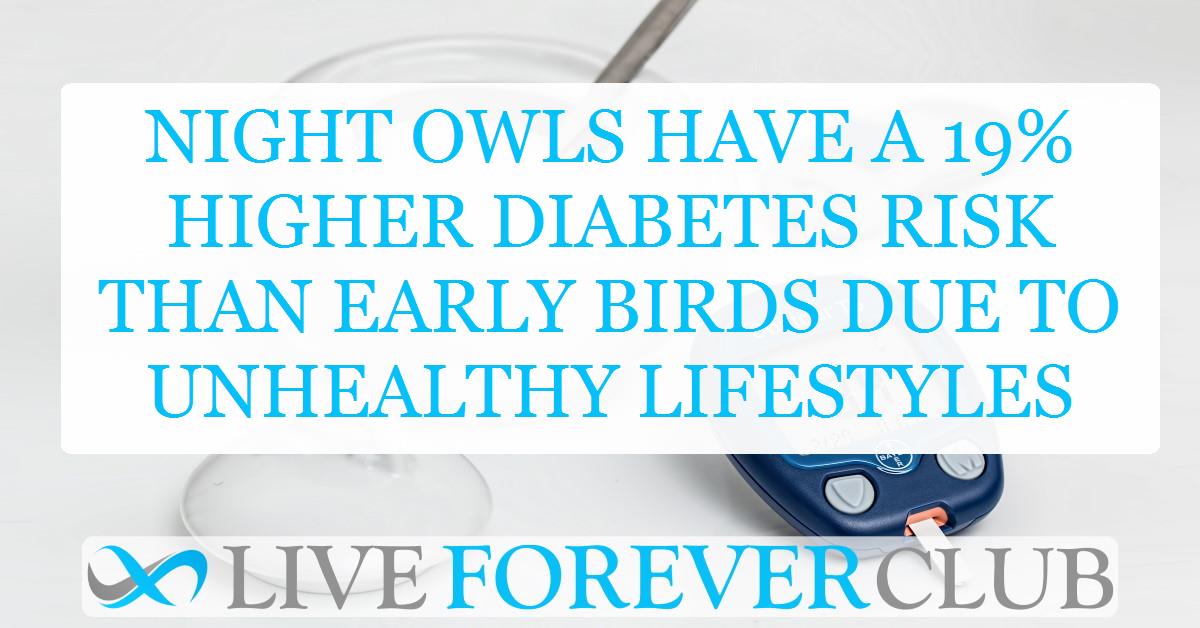Key points from article :
A study led by Brigham and Women’s Hospital in the US has found that women who are "night owls"—those who go to bed and wake up late—have a 19% higher risk of developing type 2 diabetes compared to "early birds."
Researchers analyzed data from nearly 64,000 women, collected from 2009 to 2017, as part of the Nurses’ Health Study II, one of the largest investigations into chronic disease risk factors in women. Participants reported their sleep habits, lifestyle behaviors, and medical history, including diet, alcohol consumption, physical activity, and whether they had diabetes.
The study found that 11% of the women had a definite evening chronotype, while 35% identified as morning types. The rest fell into an intermediate category. Women who were night owls were more likely to lead unhealthy lifestyles, including consuming higher amounts of alcohol, having poor diets, getting less sleep, and smoking.
These behaviors were linked to their increased diabetes risk. Even after controlling for these lifestyle factors, the researchers found that the association between being a night owl and diabetes risk persisted, although it was somewhat reduced.
Interestingly, the risk was higher in night owls who worked day shifts compared to those working night shifts. This suggests that personalized work schedules may help reduce the diabetes risk in those with evening chronotypes.
The scientists plan to explore the genetic link between chronotype and diseases like diabetes and heart disease to better tailor prevention strategies for patients. The findings were published in Annals of Internal Medicine, highlighting the need for night owls to pay closer attention to their lifestyle choices to manage their diabetes risk.







